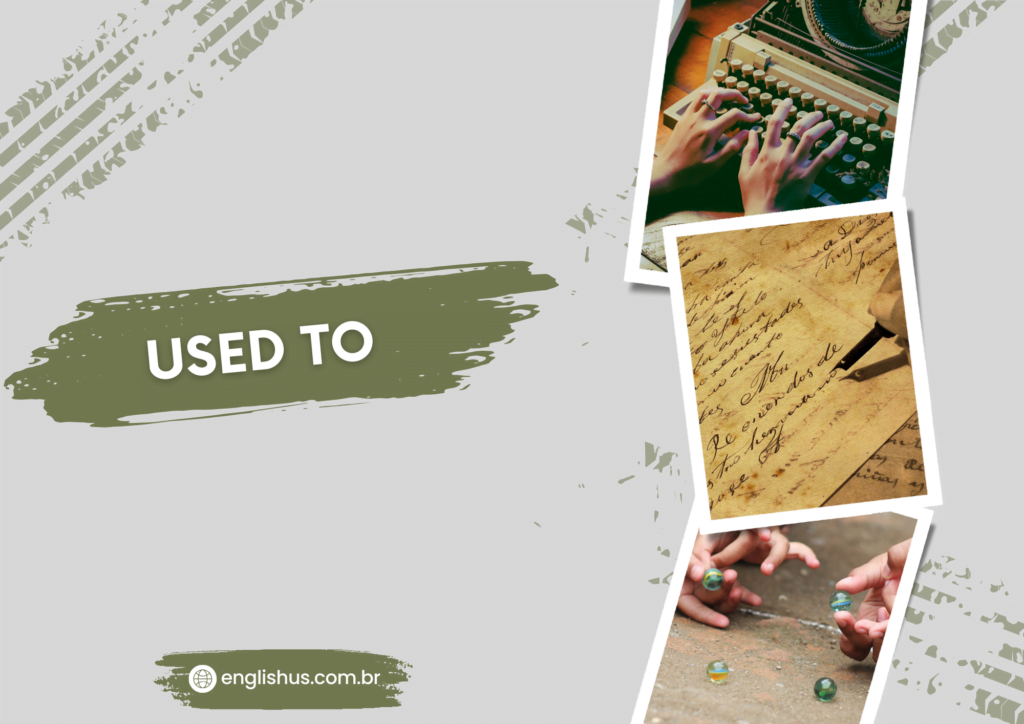Hello, EnglishUs readers! Today, we’re going to explore how to give advice and suggestions with the modal verbs should, can, could, may, and might. These modals are essential for intermediate learners who want to sound more natural and confident when offering advice or making suggestions. Let’s dive in and make this topic easy and enjoyable to understand!
Understanding Modal Verbs
Modal verbs are auxiliary verbs that express necessity, possibility, permission, or ability. They don’t change form according to the subject and are followed by the base form of the main verb. Here, we’ll focus on how they’re used to give suggestions and advice.
Should
Should is commonly used to give advice or make recommendations. It suggests that something is a good idea or the right thing to do.
Examples:
- You should study for your exam.
- He should see a doctor if he’s feeling unwell.
- They should try the new restaurant downtown.
Can
Can is used to suggest possible actions or to give informal advice. It’s also used to indicate ability or permission.
Examples:
- You can visit the museum if you’re interested in history.
- We can go for a walk after dinner.
- You can ask your teacher for help if you don’t understand the lesson.
Could
Could is used to suggest possibilities or polite suggestions. It’s the past tense of can, but it’s often used to suggest options in the present or future.
Examples:
- You could join a club to meet new people.
- He could take the bus instead of driving.
- They could try a different approach to solve the problem.
May
May is used to suggest possibilities or ask for permission. It’s a bit more formal than can or could.
Examples:
- You may want to check the weather before going out.
- She may consider applying for the scholarship.
- We may need to revise our plans if it rains.
Might
Might is used to suggest a weaker possibility or a tentative suggestion. It’s often interchangeable with may in informal contexts.
Examples:
- You might want to bring a jacket; it looks like it could get cold.
- He might find the answer in that book.
- They might enjoy the concert if they like jazz music.
Tips for Mastering Suggestions and Advice
- Context Matters: Choose the right modal verb based on the context. Should is stronger advice, while might and may are more tentative.
- Practice Regularly: Use these modals in your daily conversations to get comfortable with their usage.
- Listen and Learn: Pay attention to how native speakers use these modals in different contexts.
Mastering suggestions with should, can, could, may, and might for giving suggestions and advice is a key step in becoming more proficient in English. By understanding their nuances and practicing regularly, you can offer advice and make suggestions confidently and naturally. Remember, practice makes perfect, so keep working on those exercises and soon you’ll be using these modal verbs like a pro.
For those looking to improve their English skills and personal growth simultaneously, I highly recommend the ebook “Personal Development Through English Language.” This book is a fantastic resource that combines language learning with personal development tips, helping you expand your vocabulary and improve your overall English proficiency. For more information, click HERE.
Happy learning, and keep practicing!

